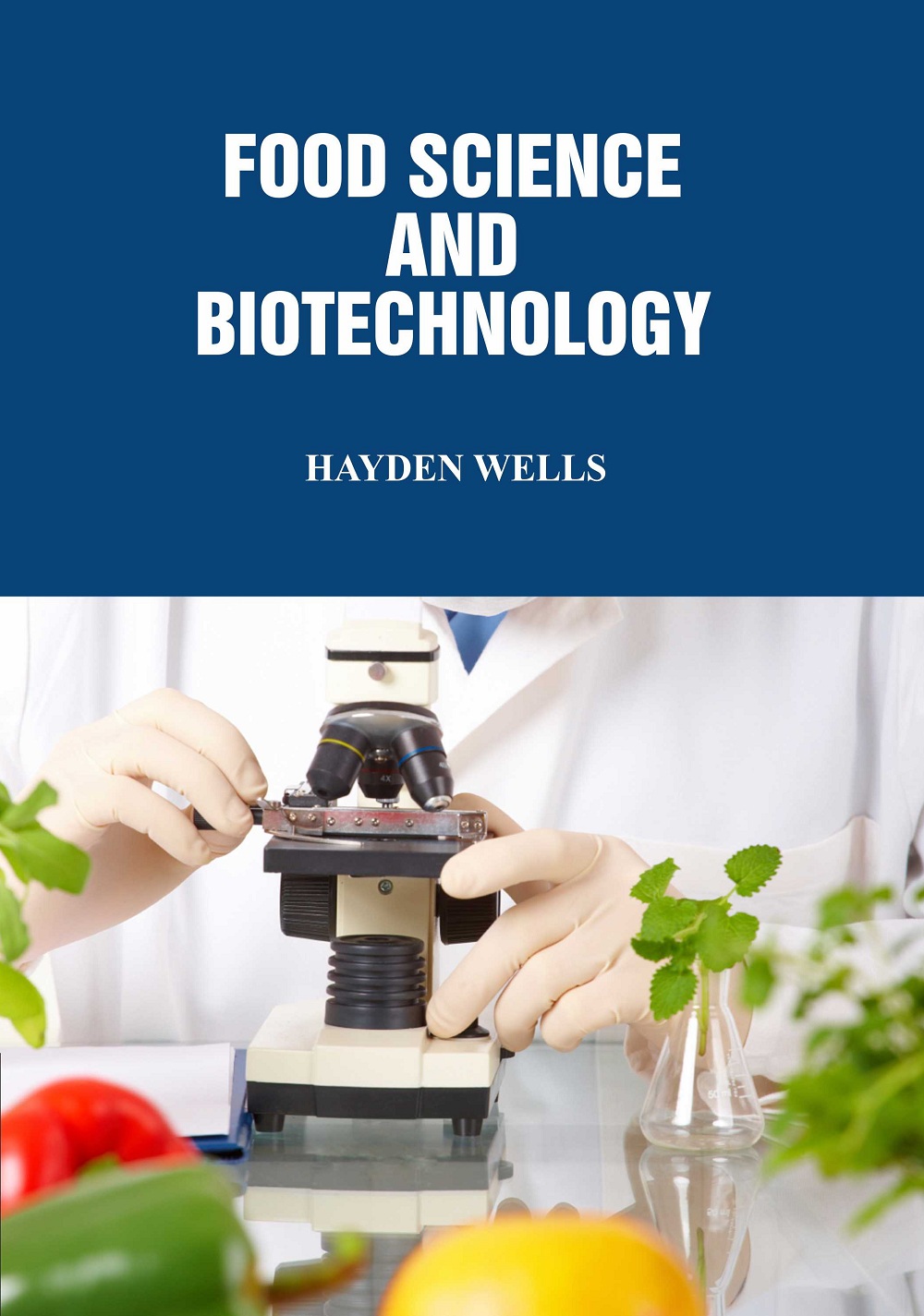Comparative evaluation of sanitation strategies against Listeria monocytogenes on food-contact surfaces in enoki mushroom (Flammulina velutipes) processing facilities
Abstract
We investigated strategies to reduce Listeria monocytogenes contamination on food contact surfaces during enoki mushroom processing. Chemical disinfectants and thermal treatments were evaluated on conveyor belts, stainless steel, plastic surfaces, and Velcro strips. Without organic matter, chemical disinfectants effectively reduced L. monocytogenes, with stainless steel showing the highest susceptibility. Organic matter decreased disinfectant efficacy, but sodium hypochlorite remained most effective on stainless steel. Peracetic acid was more effective on conveyor belts and plastic surfaces than on stainless steel. Combining peracetic acid with dry heating synergistically reduced L. monocytogenes on Velcro strips. Moist heat at 70 °C alone was insufficient, but when combined with hot air drying, it effectively reduced L. monocytogenes on Velcro strips. Our findings emphasize the importance of surface-specific strategies combining chemical disinfection and thermal treatment for eliminating L. monocytogenes in mushroom processing environments.

 求助内容:
求助内容: 应助结果提醒方式:
应助结果提醒方式:


